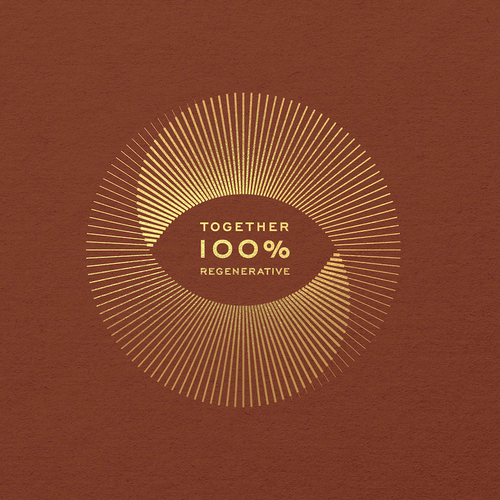
Learning from Tradition
Making More of the Land in Sustainable Ways
With little land and few possessions, today’s Zoque and Tzotzil communities struggle to make the best of their land in sustainable ways. As Jose himself says:
“We work hard in our cacaotales every day and so we learn patience. We do not have much land, but with patience, we can make the best of our land in sustainable ways. Patience is what makes us grow and prosper as a family. It’s important to teach our children how to be patient and to protect our land, so every generation can prosper”.
Few peoples have been persecuted more throughout history than the indigenous tribes of Mesoamerica, but they have held onto their spirited traditions with resilience and rebellions. With the arrival of the Spanish conquistadors, the indigenous peoples lost their land and they were used as forced labour for centuries at large Haciendas. Little could they grow in their small kitchen gardens back then. Only with the Mexican Revolution, were they given back their ancestral land on which they could prosper and celebrate their traditional way of life. The Zoque have always lived in the Selva Zoque, just like their ancestors, the Olmecs, whereas the Tzotzil moved back to the Selva Zoque after the Mexican Revolution.

Jose’s father was given land in the Selva Zoque as a consequence of the Mexican Revolution and Jose explains how his father arrived at this area barefoot and in traditional Tzotzil woolen clothing from the mountains. His son still recalls how he bought his father’s first rubber boots. Upon their arrival in the area where they established their village, Cerro Blanco, they found old cacao trees growing in the shadow of the forest. These old cacao trees are still standing today and they are the mother trees of the cacao growing in the village.




